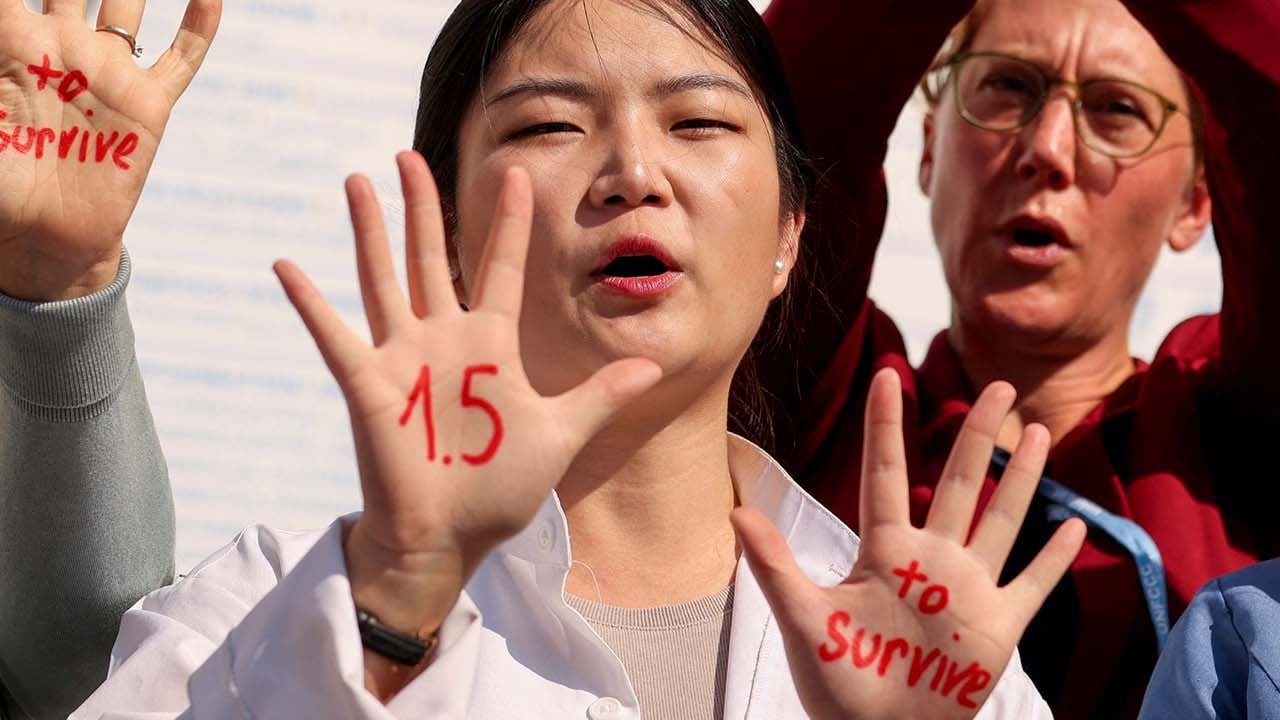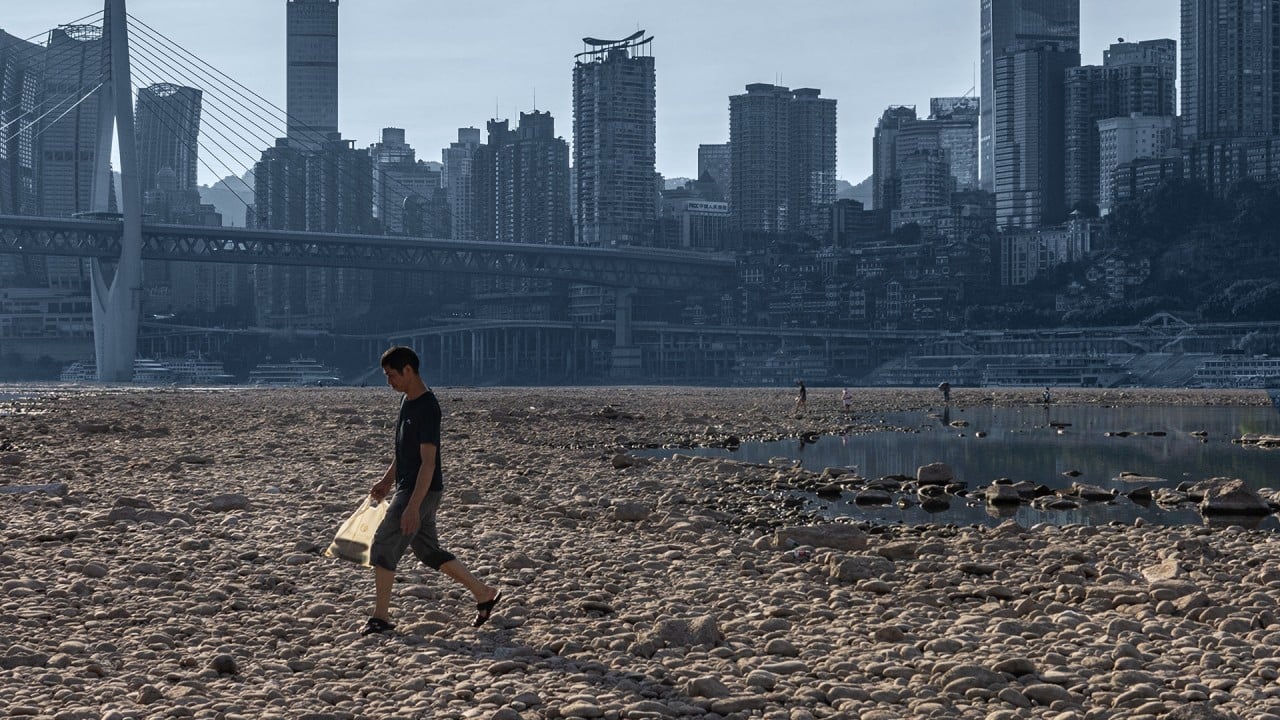
An oil chief heading COP28? Fossil fuel industry’s climate change schizophrenia is on full display
- Environment activists have decried the UAE’s nomination of Sultan Ahmed al-Jaber, CEO of an oil company, to lead the UN’s climate talks at the end of the year
- While al-Jaber is a seasoned diplomat and also heads a renewable energy firm, the oil industry’s environmental track record means scepticism about his role is understandable
But as head of the Abu Dhabi National Oil Company (Adnoc), one of the world’s largest oil producers, environmentalists see his appointment as “a breathtaking conflict of interest”.
That al-Jaber is also chairman of renewable energy firm Masdar, which has investments mainly in solar and wind energy across 40 countries, provides little comfort. While Masdar says it plans to invest US$30 billion in renewables by 2030, Adnoc’s board approved a US$150 billion five-year plan that includes increasing the company’s crude output capacity to 5 million barrels a day by 2027.
Under the plan, Adnoc will also pursue low-carbon solutions as part of a goal to achieve net zero emissions by 2050. However, the company’s website clearly says it has “a mandate to stay focused on exploring the UAE’s undeveloped oil and gas potential”.
In a speech last year, al-Jaber warned against trying to transition away from fossil fuels too quickly. Underscoring the need for “maximum energy, minimum emissions”, he said “the world needs all the energy solutions it can get”.
Both al-Jaber and the UAE exemplify the profound schizophrenia among the world’s fossil fuel producers that has aroused the concern of environmentalists. This was well reflected in a recent Rolling Stone article by Bill McKibben, whose book, The End of Nature, was in 1989 regarded as the first attempt to write about the climate crisis for a general audience.
That means 90 per cent of those reserves need to be left in the ground, stranding fossil fuel assets currently valued at US$100 trillion. “The people making that money have the motive and the means to try to keep [the fossil fuel industry] alive,” writes McKibben.
In short, accepting the UAE as host of COP28, under the presidency of al-Jaber demands a huge leap of faith. A COP28 spokesperson for the UAE noted when al-Jaber’s appointment was unveiled in January: “His experience uniquely positions him to be able to convene both the public and private sector to bring about pragmatic solutions to achieve the goals and aspirations of the Paris climate agreement.”
At present, the International Energy Agency (IEA) is willing to suspend disbelief, with executive director Fatih Birol saying in March: “The UAE’s COP28 presidency is a crucial opportunity for the oil and gas sector to show it can take an active and transparent role in tackling climate change.”
However, according to an IEA report last year, the world’s oil and gas companies are still putting only 5 per cent of their capital investment into clean energy.
Oil giants must wake up to the urgency of climate change, or be forced to
Al-Jaber has generated hope and concern in equal measure. He reminded those attending a key fossil-fuel industry conference in Houston last month that carbon dioxide emissions had to be cut by 43 per cent by 2030, dubbing the situation the industry’s “opportunity to reinvent itself and lead again” and calling on the industry to “decarbonise quicker, future-proof sooner, and create the energy system of the future today”. However, in an interview after the speech, he said we “cannot responsibly unplug the energy system of today until the system of tomorrow is ready”.
Only time will tell how satisfactorily al-Jaber’s conflicts of interest can be reconciled. I hope he can prove sceptics wrong. But after the oil industry’s four-decade track record of orchestrated doubt-mongering over the threat of climate change, my hopes are not high.
David Dodwell is CEO of the trade policy and international relations consultancy Strategic Access, focused on developments and challenges facing the Asia-Pacific over the past four decades




